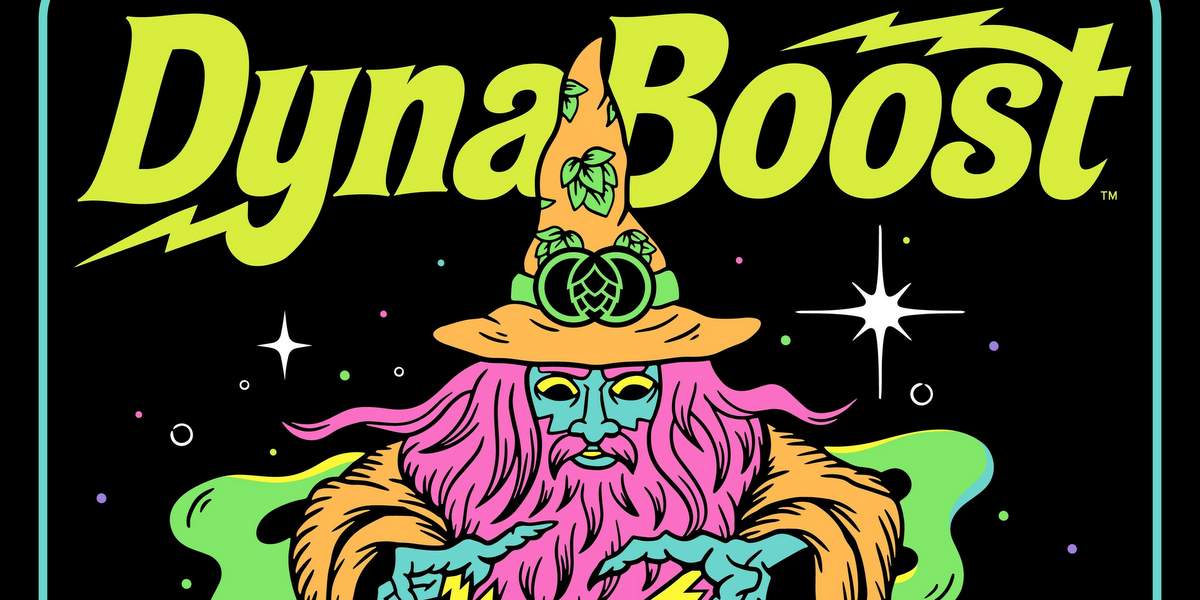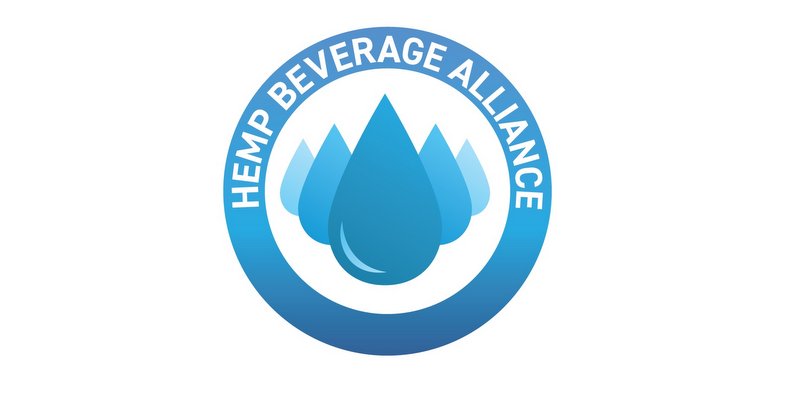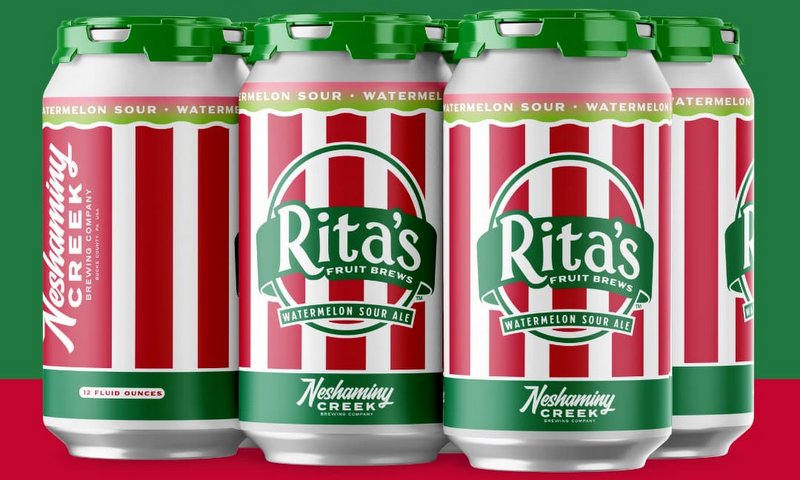
This headline pooped (sic) up on my Google alerts via Business Insider: “Craft beer’s argument for not selling out is totally flawed — and it’s great news for Anheuser-Busch and Heineken.” It’s a short article by Kate Taylor, and while Taylor is probably a perfectly nice humanoid, her argument that uses stats from a UBS Evidence Lab survey is equally as flawed as her headline. Here’s her argument:
In other words, almost half [45 percent of those surveyed] of Americans don’t care at all if a trendy craft beer is owned and produced by AB InBev, the maker of Bud Light, or a small craft brewer completely independent from industry giants.
Only 30% of respondents said independence was “extremely important” in craft beer.
Wait. 30 percent consider it extremely important? Does Taylor know that “craft beer” by the Brewers Association definition had only 12 percent market share in 2016? For 30 percent of the consumers surveyed (out of the roughly 1,200) to say it’s extremely important who makes a beer is an enormously positive stat, and one that clearly concerns large beverage companies. In fact, only 45 percent of respondents said it “does not matter.” The other 25 percent said it was “somewhat important,” shifting 55 percent of those surveyed into the “important” column.
So how do those stats make craft beer’s argument for not selling out totally flawed? In fact, what is craft beer’s argument for not selling out? I don’t even understand that oddly worded headline. They have no collective argument for not selling out. The point being made here with the BA’s independence seal (a logo that BA-defined craft breweries, not members, can use to say they are indie) is that small, localized brewers should be allowed to grow and flourish as freely as the few larger beverage corporations that monopolize and manipulate the American beer market and its increasingly complex distribution networks. To help that growth, they want to market a differentiation — that their products are being made by a majority of pretty small, entrepreneurial American businesses — not investor-run global megabrewers.
Who knows if it’ll work, but I’m willing to bet that buying regionalized products that are marketed as locally owned will continue to be a trend for American consumers — despite Taylor’s nay-saying — and intelligent consumers will also continue to find importance in who makes their products and how those manufacturers do business. Thirty percent of people in some dumb survey agree that who owns a beer company is extremely important. Wow, right? That’s a promising market shift in my opinion, but hey, I’m no business insider.





Leave a Reply
You must be logged in to post a comment.